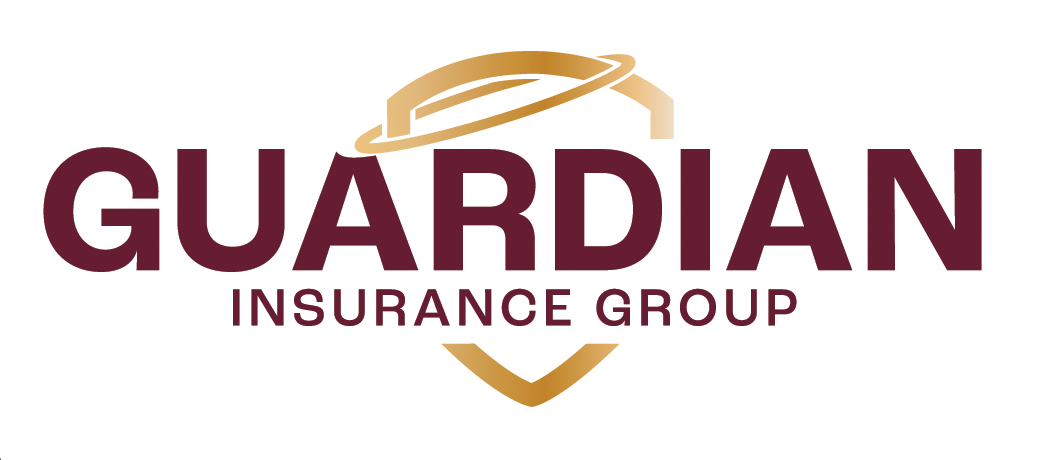
How does whole life insurance work in Southaven, MS and Byhalia, MS?
When you purchase a whole life insurance policy, you agree to set premium payments and lifelong coverage. Some policies allow for a single premium payment or payments spread over a certain number of years rather than a lifetime.
After your death, most whole life policies pay only the death benefit regardless of how much cash value has accumulated. You can withdraw or borrow against the cash value during your lifetime, but any outstanding loans at the time of your death can reduce the payout to your beneficiaries.
Some whole life policies allow you to purchase riders, or additional policy provisions, that give beneficiaries both the death benefit and the accumulated cash value of the policy. Additional riders or provisions usually increase the amount of your monthly premium.
It is important to understand the specifics of your whole life policy. Our professional agents work with you to answer questions and help you find the policy that works for you.
After your death, most whole life policies pay only the death benefit regardless of how much cash value has accumulated. You can withdraw or borrow against the cash value during your lifetime, but any outstanding loans at the time of your death can reduce the payout to your beneficiaries.
- Get lifelong coverage with consistent premiums
- Withdraw or borrow against the accumulated cash value
- Beneficiaries receive the death benefit, not the cash value
Some whole life policies allow you to purchase riders, or additional policy provisions, that give beneficiaries both the death benefit and the accumulated cash value of the policy. Additional riders or provisions usually increase the amount of your monthly premium.
It is important to understand the specifics of your whole life policy. Our professional agents work with you to answer questions and help you find the policy that works for you.










